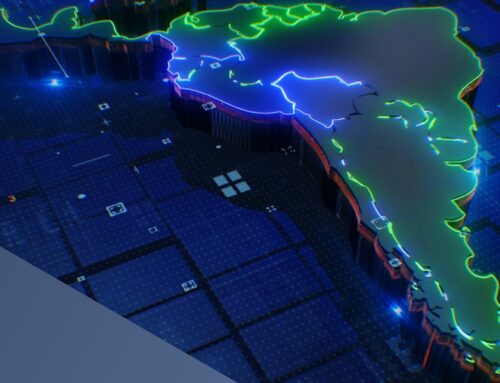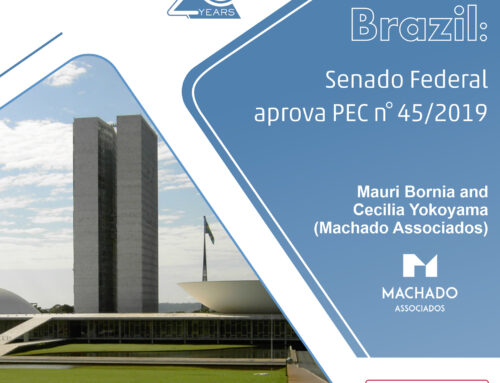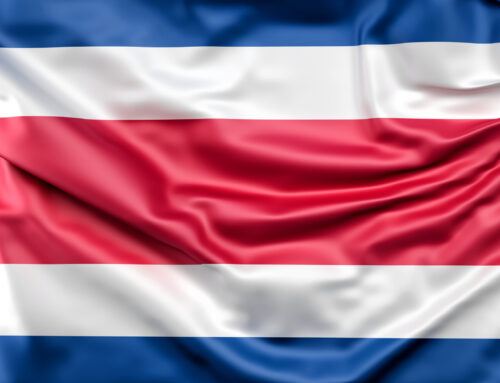Brazil: New Regulation for ICMS Tax on Interstate Transactions in Brazil
Following a recent law regulating Brazil’s State VAT on interstate transactions, new controversies remain on the horizon.
On 5 January 2022, Supplementary Law 190/2022 was published to regulate the allocation of Brazil’s State VAT (ICMS) revenue on interstate transactions to end consumers (DIFAL), but it has ended up creating new controversies over the start of the new rules’ effects.
ICMS revenue split rules
Following the Brazilian Federal Constitution’s requirements on interstate transactions to end consumers, the ICMS should be split between the state of origin and state of destination as follows: (a) to the state of origin, the ICMS is calculated with the interstate rate (4%, 7% or 12%); and (b) to the state of destination, the ICMS is calculated based on the difference between the interstate rates used in the transaction and the rate applicable to internal transactions in the state of destination (usually from 17% to 19%).
The start of the controversies
Although the ICMS is a state tax, the Brazilian Federal Constitution requires that national guidelines regarding the tax triggering event, taxpayer, and taxable base definition, among other matters, should be established by a national supplementary law. However, such a supplementary law was never enacted to regulate the DIFAL charge.
In February 2021, the Brazilian Federal Supreme Court (STF) ruled on Extraordinary Appeal 1.287.019, and decided that the lack of a supplementary law regulating the DIFAL impaired the DIFAL’s levy by the states, and so charging it was unconstitutional.
New regulation, new controversies
Therefore, to regulate the DIFAL and allow the states to charge it, Supplementary Law 190/2022 was enacted and published on 5 January 2022; and it will become effective 90 days after that publication date.
Although the charge of the DIFAL cannot be made until Supplementary Law 190/2022 becomes fully effective, controversies have arisen regarding the possibility of the DIFAL being charged before 1 January 2023. This is because the Brazilian Federal Constitution provides that no tax increase may be imposed in the same fiscal year as the law that establishes that tax increase.
Given this situation, several taxpayers have brought this issue to the courts to avoid the revenue split charge in the state of destination occurring until 2023 because, technically, its regular imposition has only happened in 2022.
The legal outcome of this new ICMS controversy on interstate transactions now remains to be seen.
Writers: Gabriel Caldiron Rezende, from Machado Associados
Original: https://wts.com/global/publishing-article/20220217-brazil-new-regulation-for-icms-tax-on-interstate-transactions~publishing-article?language=en





